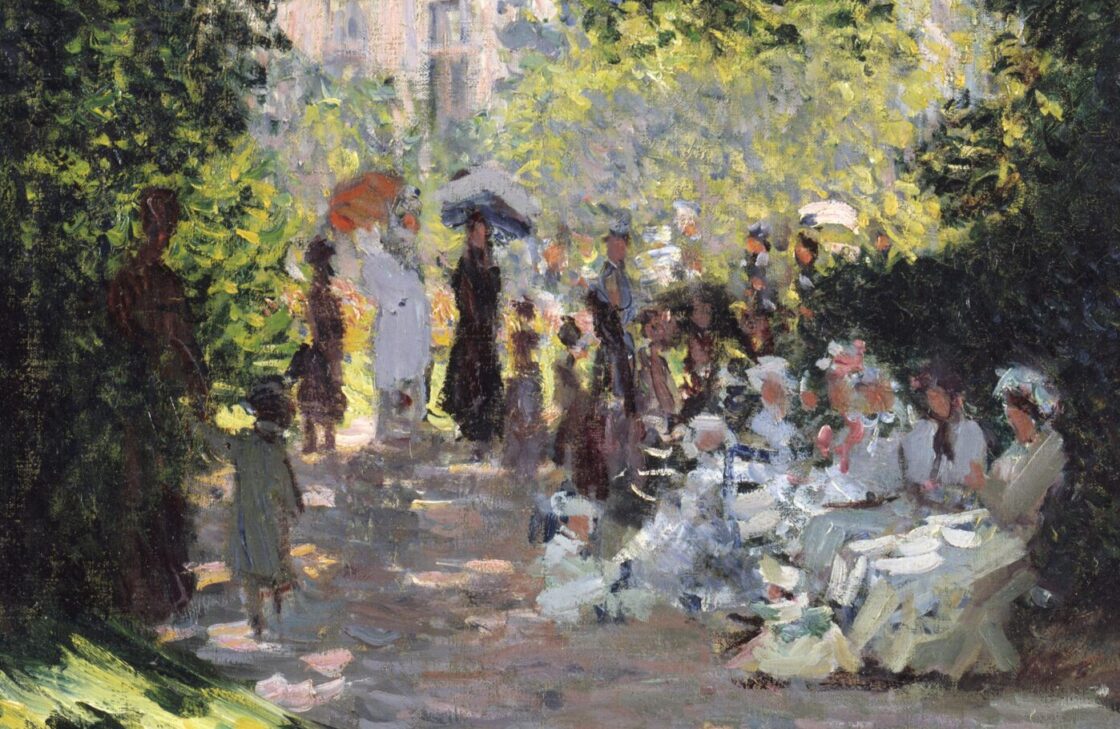Finding Freedom in Traditional Poetic Forms: Haibun, Sonnet, Ghazal, and Pantoum
with John Sibley Williams

Length: 4 Weeks
Open to AllText and Live Video
Zoom calls Wednesdays 6-8PM Eastern
Original price was: $345.00.$295.00Current price is: $295.00.
In the words of Mark Strand and Eavan Boland, “Forms are not locks, but keys. They don’t just open doors; they can start a journey and ultimately determine where you land.”
A poem can contain many elements to give it structure. Rhyme, meter, sound, repetition, experimentation, and so many others connect us to poetry’s deep lineage—its long tradition of rhythm, pattern, and invention that continues to evolve across generations. And there are so many profound reasons why traditional forms have survived the centuries, inspiring new poets and adapting to modern voices.
In this intensive four-week workshop, we’ll explore the many facets of the haibun, sonnet, ghazal, and pantoum, examining how sound, rhythm, and structure shape meaning. Each week, you’ll study celebrated examples of the form, participate in guided discussions, and write your own original poems in response. Through lessons, in-class writing, and peer sharing, you’ll gain confidence in navigating formal techniques while discovering the freedom that emerges from working within—and sometimes breaking—the rules.
By the end of the course, you’ll have a small portfolio of new and revised poems, a deeper appreciation for poetic form, and a renewed sense of how structure can serve as both guide and gateway to creative discovery.
Who This Course is For
For poets of all levels and experience. Poets need not be previously familiar with these forms to participate.
Learning and Writing Goals
Learning Goals
- Introduce the conventions of the haibun, sonnet, ghazal, and pantoum forms and how these rules can support your own themes, experiences, and ideas
- Study sample poems in each structure from a variety of both older and contemporary poets
- Introduce a number of strategies to get into a traditional poetry writing ‘headspace’
- Recognize the unexpected creative freedom inherent to writing in controlled structures, as they force poets to employ strategies that might be new to them
- Equip you with creative techniques to generate initial ideas and images
- Develop your ability to shape your initial ideas into strong drafts
Writing Goals
- Perform a variety of prompt-based writing activities each session.
- Draft multiple first drafts each session
- Learn how to tailor your poetic voice to various unique structures
Zoom Schedule
We will meet on Zoom each week on Wednesdays from 6-8PM Eastern.
Weekly Syllabus
Week 1: Haibun
An unusual combination of prose poem and haiku, the haibun was popularized by the 17th century Japanese poet Matsuo Basho. Both the prose poem and haiku typically communicate with each other, though poets employ different strategies for this communication—some doing so subtly, while others are more direct. This interactive workshop will include lessons, analysis of well-known haibun, in-class activities and writing, and sharing drafts with the class.
Week 2: Sonnet
The sonnet is a popular classical form that has compelled poets for centuries. In this discussion and writing-intensive workshop, we will explore the many facets of the sonnet form, focusing on our personal relationships with sound and rhythm and refining our relationships with form and content. We will learn the rules, yes, and when best to break them, fostering a new understanding of and appreciation for this unique poetic approach.
Week 3: Ghazal
The ghazal is unlike any form you’ve probably written before. Let’s set aside our expectations of how a poem works and embrace what Hashmi has noted “ceaselessly hungers for the absent beloved.” In this discussion and writing-intensive workshop, we will explore the many facets of the ghazal form, focusing on our personal relationships with sound and rhythm and refining our relationships with form and content. We will learn the rules, yes, and when best to break them, fostering a new understanding of and appreciation for this unique poetic approach.
Week 4: Pantoum
A pantoum is an incantation, a chain of sounds and ideas that shift with each encounter. In this discussion and writing-intensive workshop, we will explore the many facets of the pantoum form, focusing on our personal relationships with sound and rhythm and refining our relationships with form and content. We will learn the rules, yes, and when best to break them, fostering a new understanding of and appreciation for this unique poetic approach.
Student Feedback for John Sibley Williams:
Length: 4 Weeks
Open to AllText and Live Video
Zoom calls Wednesdays 6-8PM Eastern
Original price was: $345.00.$295.00Current price is: $295.00.

